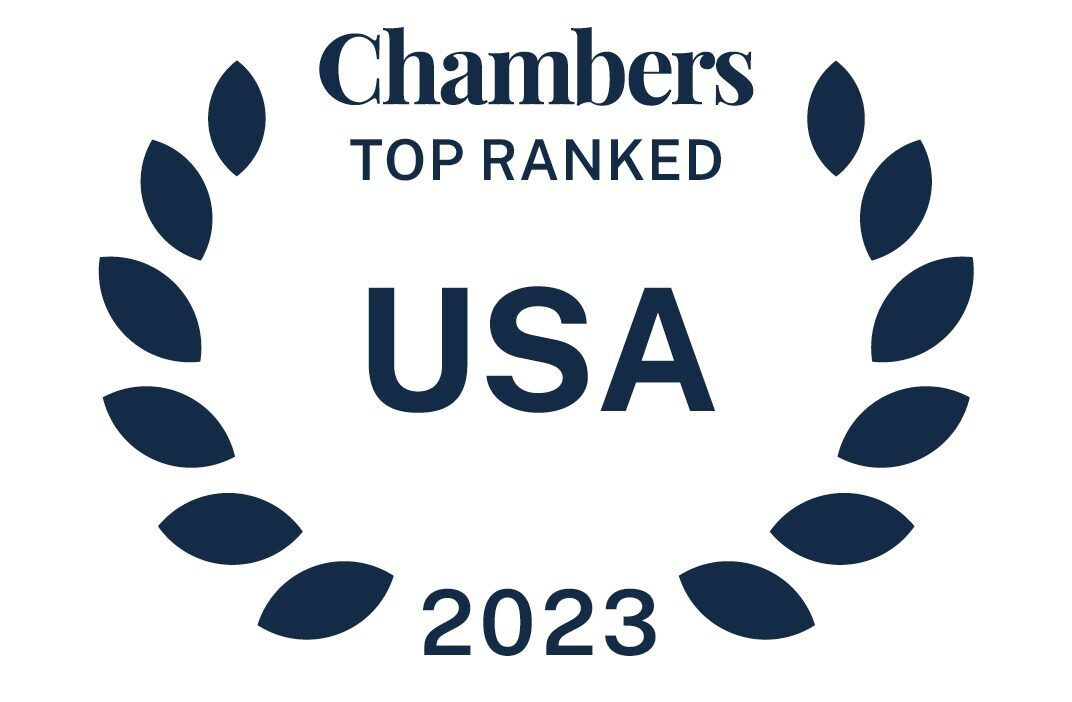The explosion in digital health solutions that connect consumers with licensed health care providers (e.g., nurses, nutritionists, physicians) and laypersons who have certain informal training (e.g., wellness guide, lifestyle coach, outreach partner) has the potential to blur the lines between what constitutes the practice of a licensed health care profession and what does not (usually because the service is intended to be merely informational or educational). Why does it matter which side of the line a particular service falls on? If a service is one that is delivered by a licensed health care professional, there are various state laws and regulations that may govern the activity, and different potential causes of action that may apply in the event a consumer/patient is injured in the process.
- If a digital health solution connects a consumer to an individual who is engaged in an activity that is normally performed by a licensed health care professional, state laws and regulations governing health care professionals likely apply.
As background, state professional boards regulate individuals who deliver health care services to the public (e.g., nursing, psychology, medicine, phlebotomy). What falls within the definition of a specific health care service can be very broad and varies state to state. (more…)
read more


 Subscribe
Subscribe


